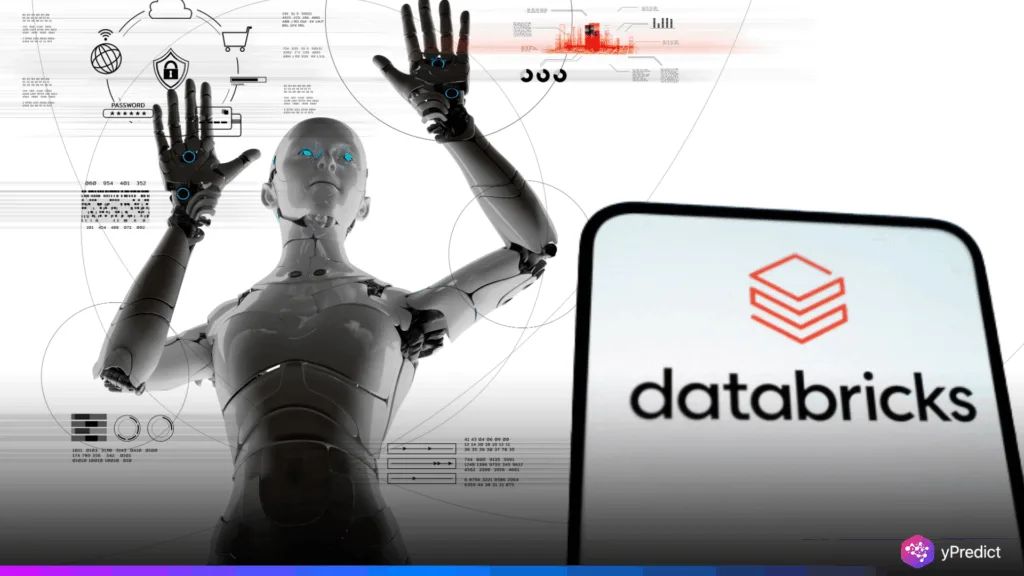
Databricks has announced the acquisition of machine learning startup Tecton, marking another strategic move to expand its AI agent offerings for enterprise clients. The Databricks Acquisition is part of a broader effort to deliver full-scale AI building tools as competition for enterprise-grade artificial intelligence intensifies. The deal highlights Databricks’ ambitions to consolidate talent, technology, and partnerships that can accelerate the development of Agent Bricks, its flagship AI platform designed to automate workflows with intelligent agents.
Tecton’s Role in Databricks’ AI Expansion
Tecton, a startup backed by Sequoia Capital and Kleiner Perkins, provides software that helps businesses analyze and deploy data at scale with low latency. Founded in 2020 by former Uber engineers who developed Michelangelo, Uber’s internal AI platform, Tecton quickly gained traction for its ability to streamline real-time AI applications.
Databricks confirmed that Tecton’s team and technology will directly integrate into Agent Bricks, cutting response times for AI-driven services. CEO Ali Ghodsi stated that speed is crucial for customer-facing applications such as voice interaction, where users expect immediate results. “It’s really the real-time building. Many of Tecton’s customers, including Coinbase, are already using services from Databricks. The combination of both companies’ technology makes it an even stronger player in the adoption of enterprise AI.
Tecton has already worked with Databricks and competitor Snowflake in 2022, with both companies investing in the startup. This acquisition brings things together and cements Databricks as a more fully integrated provider of advanced AI capabilities.
Financial Details and Market Valuation
The Databricks Acquisition consists of private shares, though financial terms were not disclosed. Tecton was last valued at $900 million in 2022 and raised $160 million from venture capitalists, including Andreessen Horowitz and Bain Capital Ventures.
This news follows Databricks’ announcement that it signed a term sheet for a new round of funding, which will push the valuation of the company to over $100 billion, up more than 60%, in 8 months. The $100 billion valuation has led to a flurry of acquisitions for Databricks, allowing it to pave the way to build a full AI ecosystem.
Strengthening Enterprise AI Partnerships
The Databricks Acquisition of Tecton continues a streak of high-profile deals. In 2023, this acquired generative AI startup MosaicML for $1.3 billion. In 2024, it added Tabular to bring the creators of Apache Iceberg in-house. Earlier this year, it purchased serverless database firm Neon for $1 billion to enhance high-speed AI applications. These moves underscore Databricks’ strategy of using its rising valuation to acquire cutting-edge AI companies and consolidate leadership in the enterprise AI market.
With Tecton now part of its ecosystem, it is betting heavily on real-time capabilities as a differentiator. CEO Ali Ghodsi emphasized that the ultimate goal is to make Agent Bricks the backbone of enterprise AI automation. “Many use cases are directly human-facing, and humans hate to wait,” he said, stressing that latency reduction will define success in AI adoption.
Conclusion
The Databricks Acquisition of Tecton signals a decisive step in the race to dominate enterprise AI. With backing from Sequoia Capital and other major investors, Tecton brings proven expertise in real-time AI infrastructure. The integration with Agent Bricks brings Databricks’ enhanced capabilities. This enables low-latency, user-facing applications that enterprises have proven to be increasingly important.
While competitors such as Snowflake continue to encroach on parts of the AI space. Databricks has been moving rapidly as an organization, and increasingly acquiring relevant companies, building out its fully-fledged AI platform. With their valuation upwards of $100 billion, Databricks is in a truly strong position of market momentum. This truly helps define the future of enterprise automation. The acquisition not only reinforces Databricks’ technical edge but also signals its commitment to leading the next generation of AI adoption at scale.





